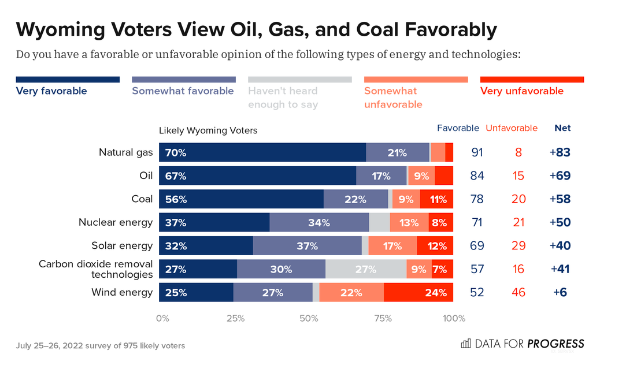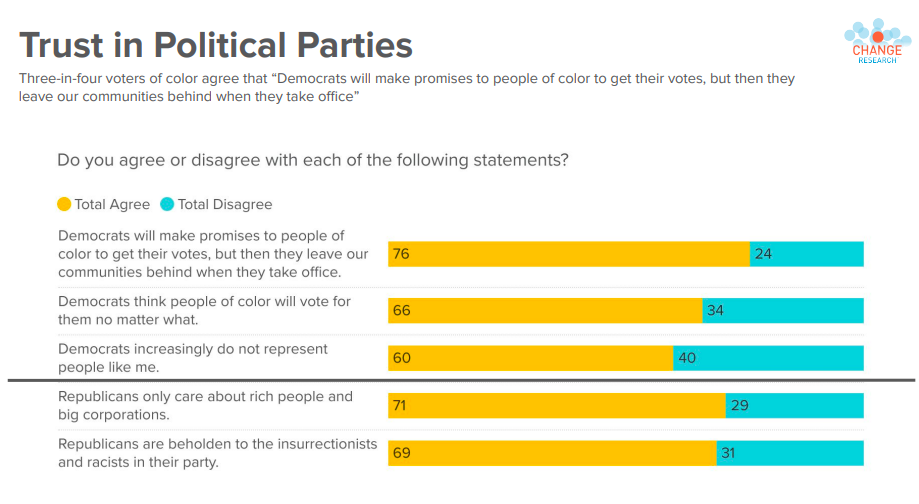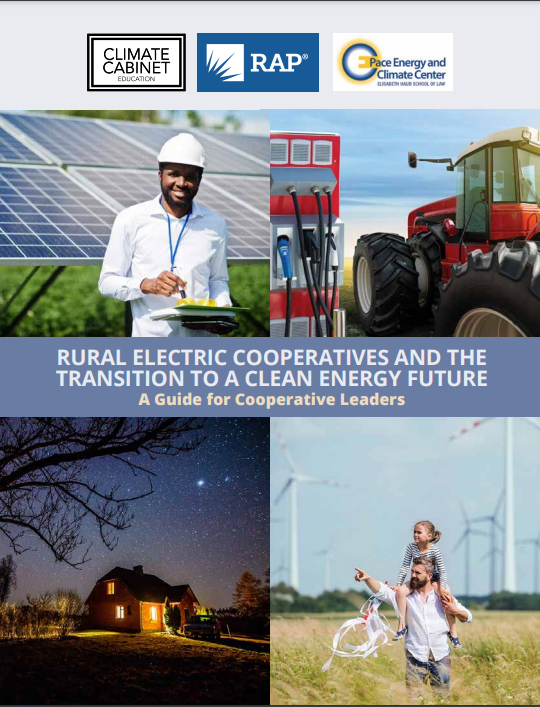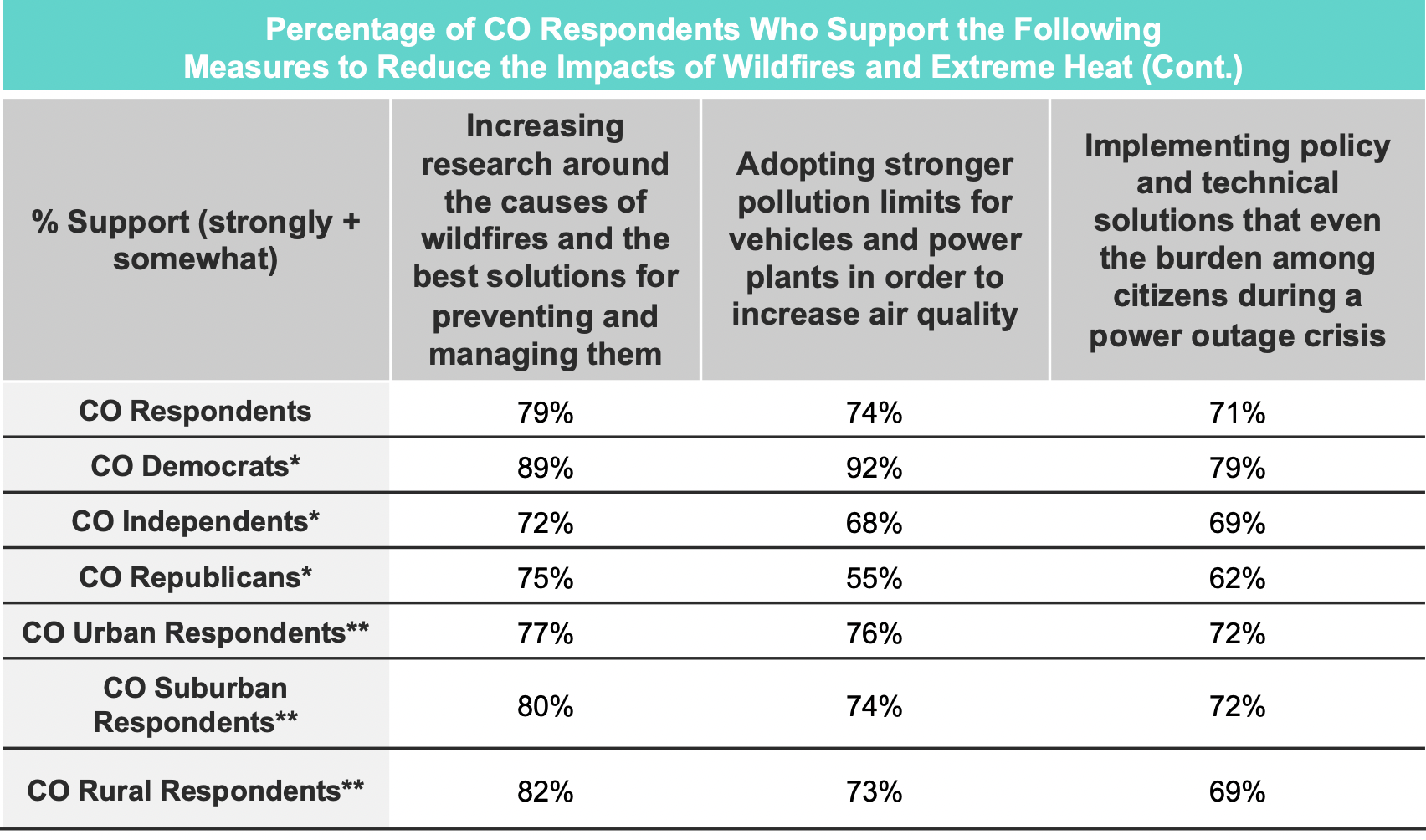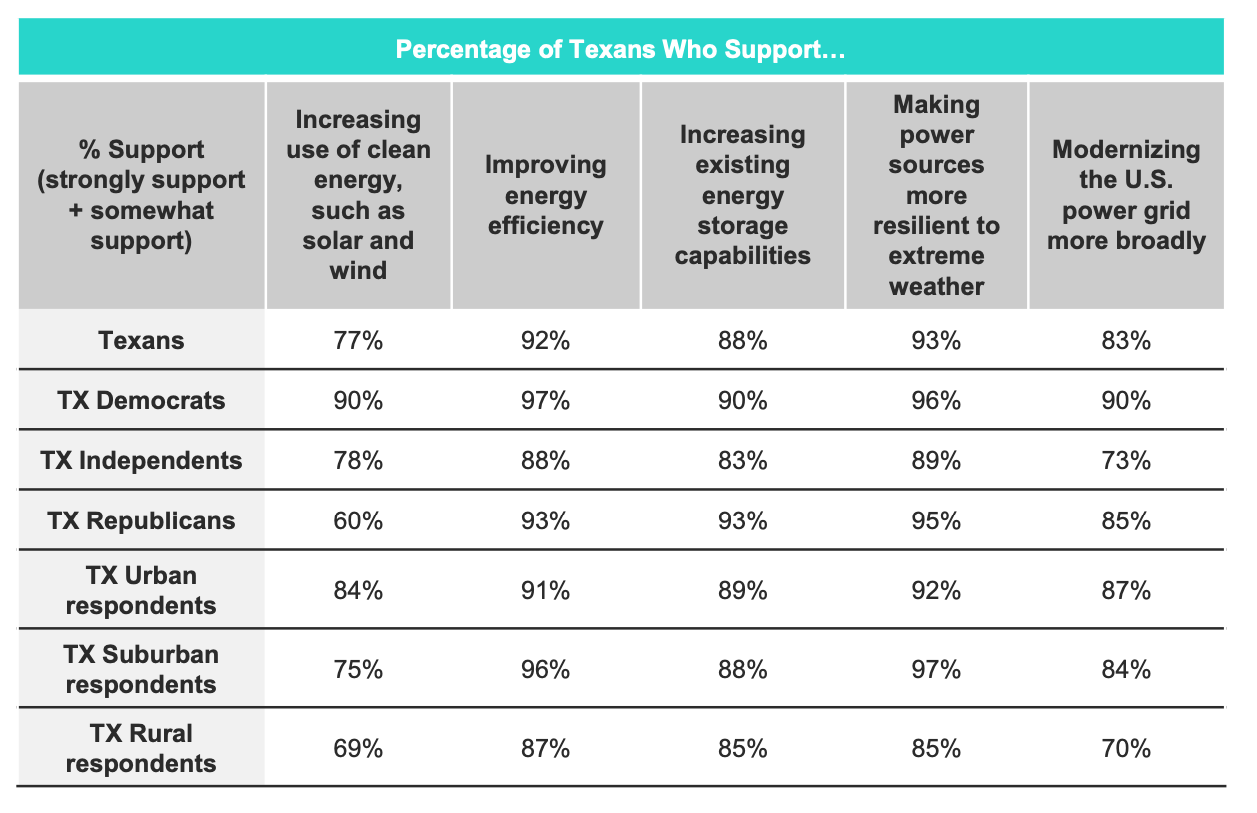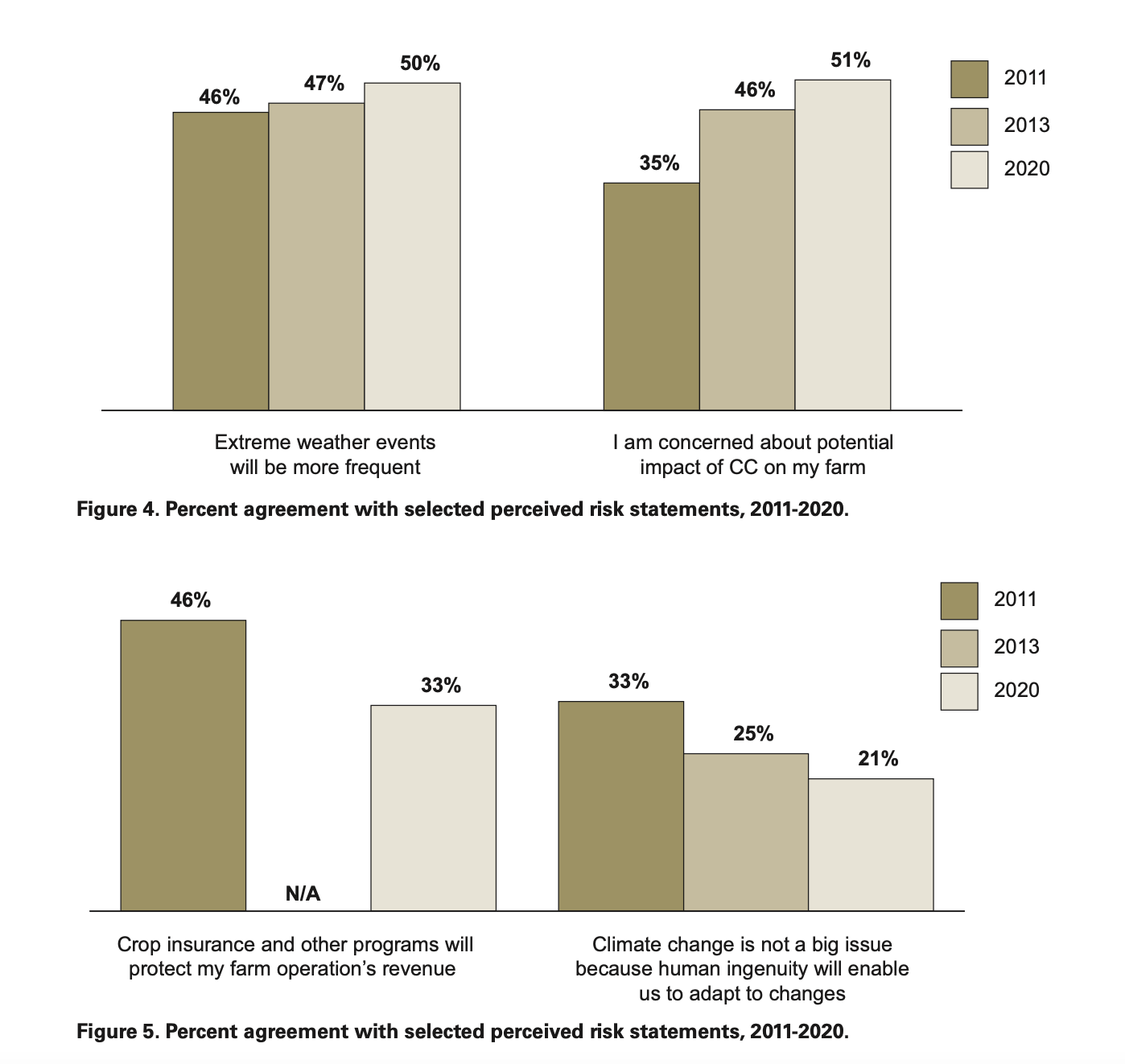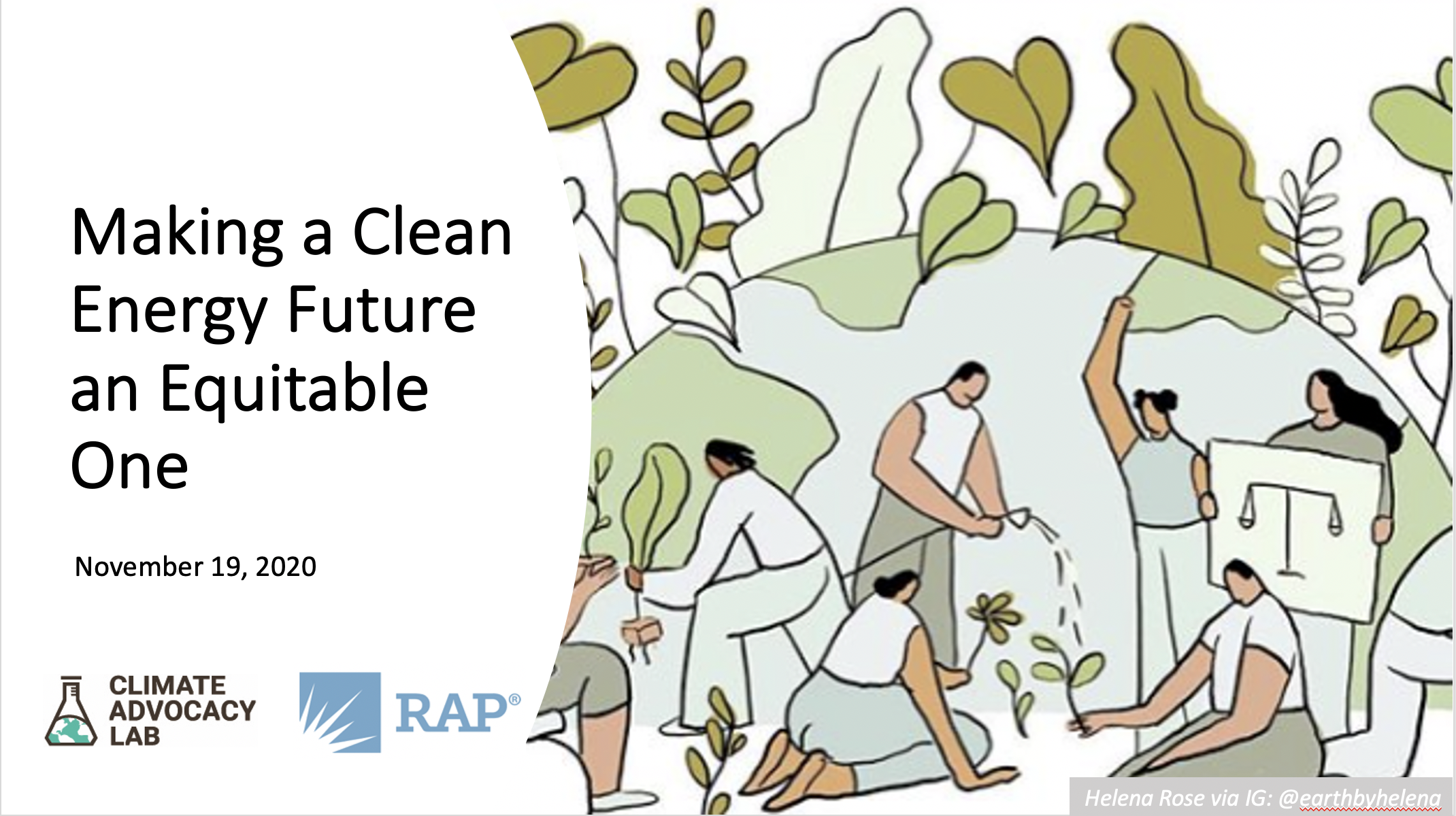Resources
Search below for resources covering the intersection of climate engagement, social science and data analytics.
RESULTS
Wyoming voters have positive attitudes about fossil fuels but are open to mitigating their impact with carbon removal sites in the state. Wyoming voters express the most favorable views toward traditional energy sources like natural gas (91 percent favorable), oil (84 percent favorable), and coal (78 percent favorable). Nuclear energy (71 percent favorable) enjoys roughly the same favorability as solar energy (69 percent favorable), while wind energy lags relatively behind (52 percent favorable). Notably, several respondents express very strong negative sentiments toward wind turbines — especially regarding their appearance — in an open-ended prompt regarding any additional views toward alternative energy sources. Wyoming voters are open-minded about carbon removal. After reading a brief description, Wyoming voters support building CDR sites in the state by a +50-point margin. There is broad support across party lines from majorities of Democrats (84 percent), Independents (69 percent), and Republicans (65 percent).
Using Qualitative & Quantitative Research to Understand Rural Communities of Color
Rural voters of color need to see and hear from their local elected officials and candidates often, and not just before an election. They aren’t looking for pie in the sky plans; they want leaders to execute and to see results. When leaders deliver on priorities, it needs to be clear WHO delivered to get credit and build trust in the electoral process to make change. Unbiased, accessible candidate guides may empower these voters to participate. Motivating messages should reinforce their power to change things at the local level and reinforce community pride and the value of their opinions. We are not reaching these voters if we are not on social media and radio. This resource used both in-depth interviews and large-N surveys of Black, Latinx, and indigenous voters and nonvoters.
A Guide for Cooperative Leaders: Rural Electric Cooperatives and the Transition to a Clean Energy Future
Rural electric cooperatives are foundational institutions within their communities. Cooperatives serve as energy providers and a cornerstone of economic development and community well-being. Today, the electric utility industry — including rural cooperatives — is undergoing a transformation that is on par with some of the biggest industrial transformations in history, and cooperative directors are on the forefront of that transition. This paper is designed to provide a guide for electric cooperative directors seeking to make responsible, forward-looking planning decisions and investments within a clean energy transition – while delivering more flexible, resilient, and economic service to member-owners. Rural electric cooperatives ground their work in the seven cooperative principles: Open and voluntary membership; Democratic member control; Members’ economic participation; Autonomy and independence; Education, training and information; Cooperation among cooperatives; Concern for community.
Poll: Climate change, increase in wildfires worry a majority of Nevadans
A majority of Nevadans are concerned about the impact of global warming, especially when it comes to the rise in wildfires in the West and resulting poor air quality.
- That sentiment is strongest in Washoe County, where the past two summers have been smoke-filled due to catastrophic wildfires in California. Almost all Washoe County residents polled have concerns about wildfires and resulting air pollution.
- More than half of those polled in Clark County and nearly two-thirds of those in Washoe County said climate change impacts them daily, including 69% of Black respondents.
- 78% of those aged 18-24 agreed climate change is impacting their lives, while less than half of those aged 65-74 agreed.
- The lone segment of Nevadans who did not report seeing a daily impact due to climate change was rural Nevada, where more than three-quarters said global warming doesn’t impact them.
- Nevadans on both sides of major political party lines are united by concern about the recent rise in the size, frequency and severity of wildfires — 95% of Democrats and 72% of Republicans agreed it’s a problem.
- While wildfire concerns span party lines, concerns about air quality do not — 90% of Democrats are concerned, as opposed to only 48% of Republicans.
Memo: Montana Voters Support the Clean Energy Standard
A June 2021 poll found that 57% of Montana voters support the Biden Administration’s American Jobs Plan creating a national path to achieving 100 percent clean electricity by 2035. However, the support is very polarized: 95% of Democrats said they’re supportive, along with 53% of Independents, but just 32% of Republicans. Voters showed similar levels of support when asked about green investments, jobs, and consumer incentives associated with the American Jobs Plan.
Poll: America catches up with climate science
- 70% of respondents to a recent U.S. survey are aware of the scientific consensus that climate change is largely caused by people, and that the world isn't on track to reach the temperature reduction targets of the Paris climate agreement -- suggesting Americans' understanding of climate change has increased in recent years, and particularly over the last five years.
- Republicans had the lowest share of correct answers, but a slight majority (52%) were aware of both the scientific consensus and the reality that the world hasn't made enough progress toward the Paris targets.
- The poll found some significant demographic differences:
- 80% of people with college degrees or higher answering the question correctly, compared to 73% of people with some college and 65% of those with a high school degree or less.
- 77% of urban respondents and 73% of suburban respondents answered the question correctly, compared to 61% of rural respondents.
- The poll found no significant differences by age, income or region of the country.
Poll: Perceptions of Wildfires and Extreme Heat Among Coloradans
A bipartisan majorities of Colorado respondents support a wide array of measures to prevent wildfires, including expanding energy efficiency programs and increasing funding for the U.S. forest service. CO respondents believe in the importance of building resilience to wildfires through better forest management across all levels of government, and among private landowners.
Poll: Texans’ Opinions on Recent Extreme Cold
Survey of 500 Texans in the immediate aftermath of the extreme cold weather and resulting power outages found:
- Respondents expressed concern about extreme cold (78%), power outages caused by weather events (83%), and access to clean drinking water (76%). Concern spanned community types, and was highest (80%) among rural respondents.
- 79% say it should be a priority for the U.S. to pass legislation to address climate change
- Majorities across Texas support a wide range of legislative measures to prevent future power outages, including: increasing use of clean energy (77%), improving energy efficiency (92%), increasing existing energy storage capabilities (88%), making power sources more resilient to extreme weater (93%), and modernizing the U.S. power grid more broadly (83%).
Poll: Iowa farmers are worried about climate change; skeptical of carbon markets
- A majority (58%) of Iowa farmers recognize climate change is happening and (at least partially) driven by human activities. 18% understand that it is caused mostly by human activities (vs."more or less equally by natural changes in the environment and human activities") -- an 8 percentage point increase from 2011.
- A majority of Iowa farmers are "concerned about the potential impacts of climate change on [their] farm operation" (51%); that seed companies should be developing crop varieties adapted to coming changes in weather patterns (64%); and that they should take indiviudal steps to protect their farmland from increased precipitation (58%).
- The University Extension was the most trusted source of information about climate change (as was the case in 2011), with 60% of farmers selecting trust or strongly trust. Scientists and soil and water conservation organizations were both trusted by 50% of respondents, followed closely by farm groups at 47% and family and friends at 46%.
Making a Clean Energy Future an Equitable One
In this webinar, the Lab team is joined by the Regulatory Assistance Project to explore recommendations from the new report Energy Infrastructure: Sources of Inequities and Policy Solutions for Improving Community Health and Wellbeing.
In addition to the report, participants also learn from advocates across the country fighting for an equitable clean energy future. Contributing speakers shared their reflections and lessons learned from a variety of perspectives on what it takes to achieve energy equity, including how they're financing low-income solar, how they're growing solar through state-level policy, and how to work in strong coalition.
Contributing speakers include: Donna Brutkoski, Communications Associate, Regulatory Assistance Project; Yesenia Rivera, Director of Energy Equity and Inclusion, Solar United Neighbors; and Jacqueline Hutchinson, Vice President of Operations, People’s Community Action Corporation.
Pagination
- Previous page
- Page 2
- Next page
